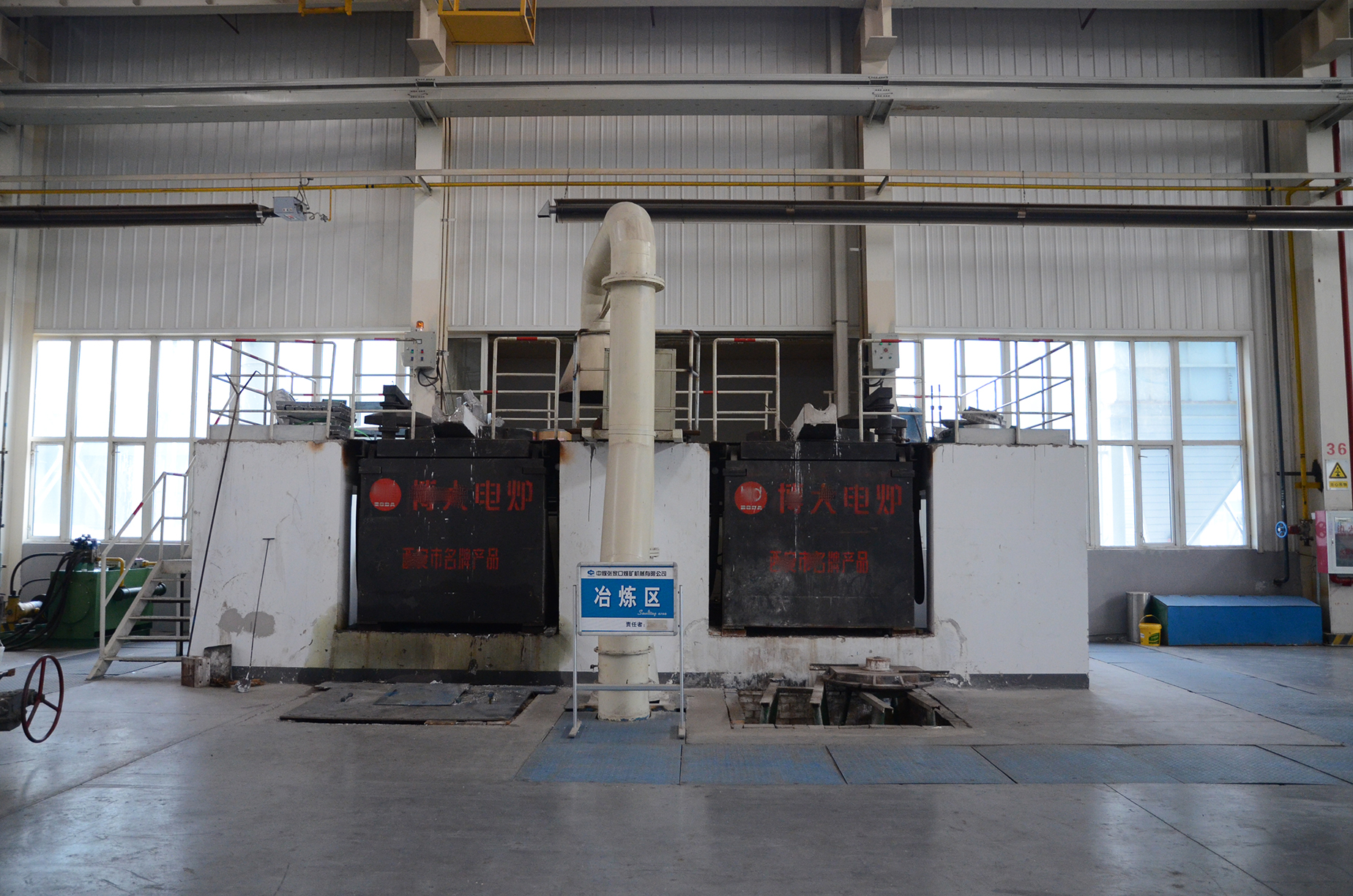- Afrikaans
- Albanian
- Amharic
- Arabic
- Armenian
- Azerbaijani
- Basque
- Belarusian
- Bengali
- Bosnian
- Bulgarian
- Catalan
- Cebuano
- China
- China (Taiwan)
- Corsican
- Croatian
- Czech
- Danish
- Dutch
- English
- Esperanto
- Estonian
- Finnish
- French
- Frisian
- Galician
- Georgian
- German
- Greek
- Gujarati
- Haitian Creole
- hausa
- hawaiian
- Hebrew
- Hindi
- Miao
- Hungarian
- Icelandic
- igbo
- Indonesian
- irish
- Italian
- Japanese
- Javanese
- Kannada
- kazakh
- Khmer
- Rwandese
- Korean
- Kurdish
- Kyrgyz
- Lao
- Latin
- Latvian
- Lithuanian
- Luxembourgish
- Macedonian
- Malgashi
- Malay
- Malayalam
- Maltese
- Maori
- Marathi
- Mongolian
- Myanmar
- Nepali
- Norwegian
- Norwegian
- Occitan
- Pashto
- Persian
- Polish
- Portuguese
- Punjabi
- Romanian
- Russian
- Samoan
- Scottish Gaelic
- Serbian
- Sesotho
- Shona
- Sindhi
- Sinhala
- Slovak
- Slovenian
- Somali
- Spanish
- Sundanese
- Swahili
- Swedish
- Tagalog
- Tajik
- Tamil
- Tatar
- Telugu
- Thai
- Turkish
- Turkmen
- Ukrainian
- Urdu
- Uighur
- Uzbek
- Vietnamese
- Welsh
- Bantu
- Yiddish
- Yoruba
- Zulu
Oct . 17, 2024 17:20 Back to list
Exploring Various Categories of Gas Boilers and Their Unique Features and Benefits
Different Types of Gas Boilers A Comprehensive Overview
Gas boilers are essential components in residential and commercial heating systems. They provide a reliable source of hot water and heating, making them a popular choice in many households. Understanding the different types of gas boilers available can help homeowners select the best option to meet their needs. This article explores the various types of gas boilers, their features, advantages, and considerations for use.
1. Combi (Combination) Boilers
Combi boilers are one of the most popular types, especially in smaller homes with limited space. They combine a water heater and a central heating boiler in one unit, providing hot water directly from the mains without the need for a separate hot water tank. This results in more efficient use of space and reduced installation costs.
Advantages - Space-efficient, as no separate tank is required. - Provides hot water on demand, eliminating wait times. - Generally more energy-efficient, as they heat water only when needed.
Considerations - May struggle to supply hot water for multiple taps simultaneously. - Not ideal for larger homes with higher hot water demands.
2. System Boilers
System boilers are designed for homes with higher hot water requirements. These boilers heat water and store it in a hot water cylinder for later use, making them suitable for larger households where multiple outlets need hot water simultaneously.
Advantages - Can serve multiple bathrooms and taps at once. - Easy to install as many components, like the expansion vessel, are built-in. - More efficient for homes with high demand for hot water.
Considerations - Requires space for the hot water cylinder. - Takes time to reheat the stored water once it has been used up.
3. Regular (Conventional) Boilers
Regular boilers, also known as traditional or open-vent boilers, are typically suited for larger homes with multiple bathrooms. They consist of a boiler, a hot water cylinder, and a cold water tank that is usually located in the loft.
different types of gas boilers

Advantages - Can easily handle high hot water demands and is suitable for larger households. - Provides hot water even when the power is out, as they can use stored water.
Considerations - Requires more space for installation due to the presence of the hot water tank and cold water cistern. - Less energy-efficient, as they constantly heat water in the tank.
4. Condensing Boilers
Condensing gas boilers are known for their high efficiency and eco-friendliness. They recover and utilize the heat from the flue gases that would otherwise be lost. As a result, they can achieve efficiencies of over 90%.
Advantages - Highly efficient, leading to lower energy bills and reduced carbon footprint. - Can often qualify for government rebates or incentives.
Considerations - More expensive to purchase upfront compared to non-condensing models. - May require more complex installation due to additional components.
5. External Boilers
External gas boilers are installed outside the home, which can be a smart choice for those with limited indoor space or who want to save room inside their living area. They come in various styles, including combi and regular models.
Advantages - Frees up indoor space. - Reduced noise pollution within the home.
Considerations - Exposure to the elements may affect longevity and performance. - Requires proper installation to prevent freezing in colder climates.
Conclusion
Choosing the right type of gas boiler depends on various factors, including the size of the home, hot water demands, and available space for installation. Combi boilers are great for smaller homes, while system and regular boilers are better suited for larger residences. Condensing boilers offer excellent efficiency, and external options are perfect for those needing to maximize indoor space. By understanding the different types of gas boilers available, homeowners can make informed decisions that increase comfort and improve energy efficiency. Always consult with a certified heating professional to ensure the best choice for your specific needs.
-
Premium Cast Iron Water Main Pipe: Durable, Corrosion-Resistant
NewsAug.03,2025
-
Durable Cast Iron Water Mains | AI-Optimized Systems
NewsAug.02,2025
-
High-Efficiency Propane Boiler for Baseboard Heat | Save Energy
NewsAug.01,2025
-
Premium Source Suppliers for Various Gray Iron Castings
NewsJul.31,2025
-
Durable Cast Iron Water Main Pipes | Long-Lasting
NewsJul.31,2025
-
High-Quality Cast Iron Water Main Pipe for Durable Infrastructure
NewsJul.30,2025


